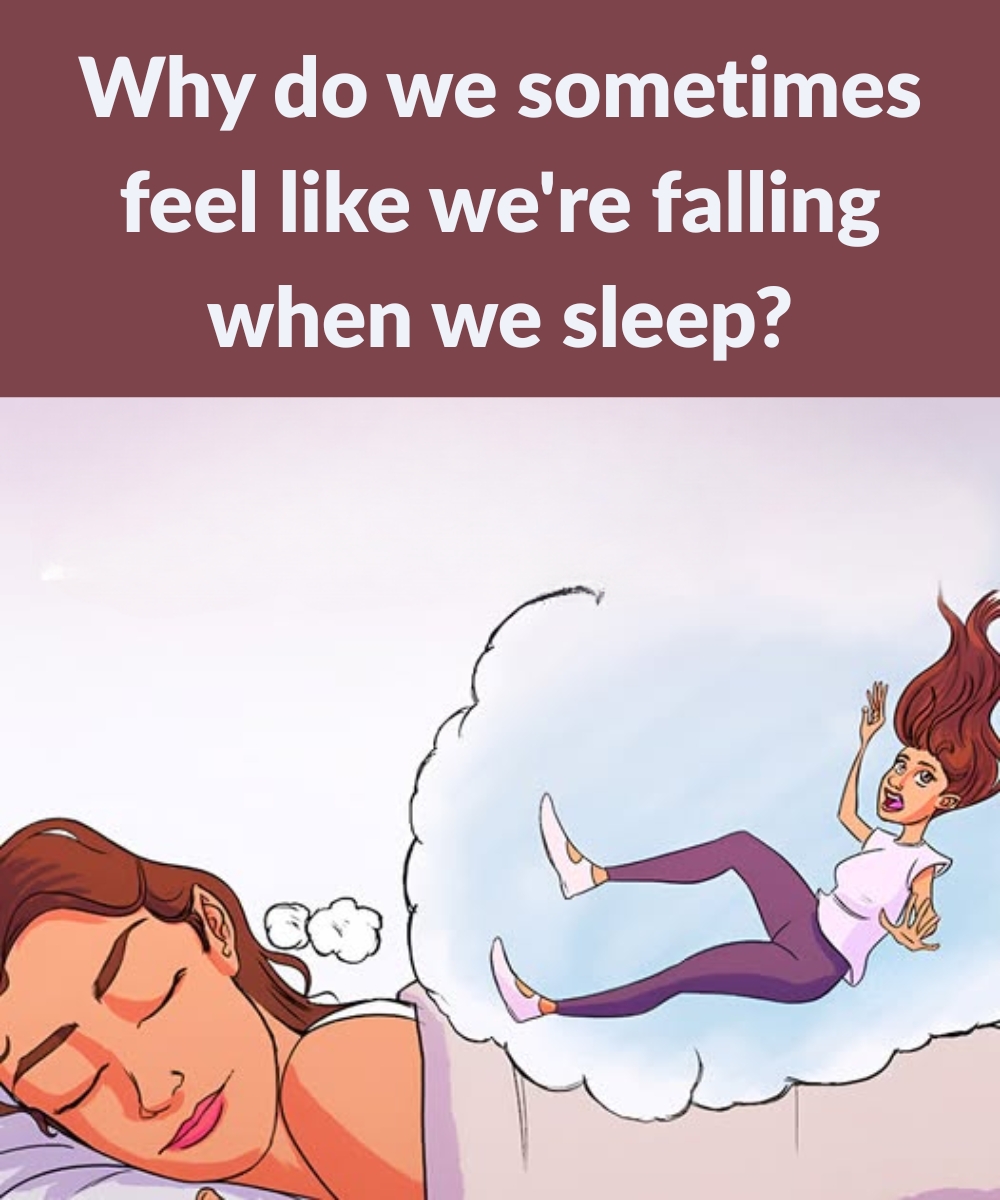You’re finally drifting off after a long day when—bam!—your body suddenly jolts, and you’re wide awake again. That sudden twitch or falling sensation is called a hypnic jerk, and you’re far from alone in experiencing it. In fact, up to 70% of people report having hypnic jerks at some point in their lives.
What Is a Hypnic Jerk?
A hypnic jerk, also known as a sleep start, is a sudden, involuntary muscle contraction that occurs as a person is falling asleep. These jerks can affect the entire body or just parts like an arm or leg. Though common and often harmless, they may be more frequent with stress, fatigue, or certain health conditions like Parkinson’s disease and depression. Verywell Health+8Verywell Health+8Teen Vogue+8
Physically, hypnic jerks resemble the “jump” experienced by a person when startled, sometimes accompanied by a falling sensation. Hypnic jerks are associated with a rapid heartbeat, quickened breathing, sweat, and sometimes “a peculiar sensory feeling of ‘shock’ or ‘falling into the void.'” Wikipedia+2Wikipedia+2维基百科,自由的百科全书+2
Why Do Hypnic Jerks Happen?
The exact cause of hypnic jerks remains unclear, but several theories have been proposed:Pinterest+11Time+11Verywell Health+11
- Nervous System Wind-Down: As you fall asleep, your body naturally slows down—heart rate drops, breathing becomes more relaxed, and body temperature decreases. One theory suggests that hypnic jerks are just a response to this shift, a kind of misfire as the nervous system transitions into rest mode.
- Brain’s False Alarm: Another idea is that as your muscles relax quickly, your brain mistakenly interprets it as a sign that you’re falling. To “protect” you, it sends a signal to jolt your muscles—an ancient survival reflex kicking in at the wrong time.
- Circadian Rhythm Disruption: Hypnic jerks are linked to the body’s circadian rhythm and often occur at predictable times for some individuals. Sleep deprivation can cause the brain to get stuck at the same point in time during the process of falling asleep, leading to these jerks. Time
Common Triggers for Hypnic Jerks
While hypnic jerks can happen to anyone, certain factors increase their likelihood:Time+1Inspire Nasal Strips+1
- Caffeine or nicotine use, especially late in the day
- Sleep deprivation or irregular sleep schedules
- High stress or anxiety levels
- Stimulant medications like Adderall or Ritalin
- Intense physical activity close to bedtime
These factors can disrupt the normal transition into sleep, making hypnic jerks more frequent or intense.
Are Nightly Hypnic Jerks Normal?
Yes—hypnic jerks are common and generally harmless. Dr. Rustgi, a sleep specialist, explains: “It’s a signal that your body is shifting into sleep mode. It’s not a disorder, just a natural phenomenon.”
However, if they occur frequently and disrupt your sleep, it may be worth exploring ways to reduce their occurrence.
How to Reduce or Prevent Hypnic Jerks
You don’t need medication or treatment, but a few lifestyle adjustments may help:
- Limit caffeine and nicotine, especially in the afternoon and evening.
- Avoid vigorous exercise late in the day—try relaxing instead.
- Practice calming routines before bed, like deep breathing or meditation.
- Stick to a consistent sleep schedule, and avoid screens an hour before bed.
- Manage stress levels with mindfulness or gentle movement like yoga.
These changes can help your body transition more smoothly into sleep, reducing the likelihood of hypnic jerks.
When to Seek Medical Advice
While hypnic jerks are typically benign, consult a healthcare provider if:
- They occur frequently and disrupt your sleep.
- You’re experiencing other symptoms like confusion, tongue biting, or incontinence.
- You have concerns about underlying health conditions.
In some cases, medications like clonazepam have been found to be effective in reducing hypnic jerks. PMC+1Wikipedia+1
Final Thought
While hypnic jerks might feel intense or even frightening, they’re a normal part of the sleep process for many people. A few mindful habits can go a long way in reducing their frequency—and helping you rest more peacefully.

